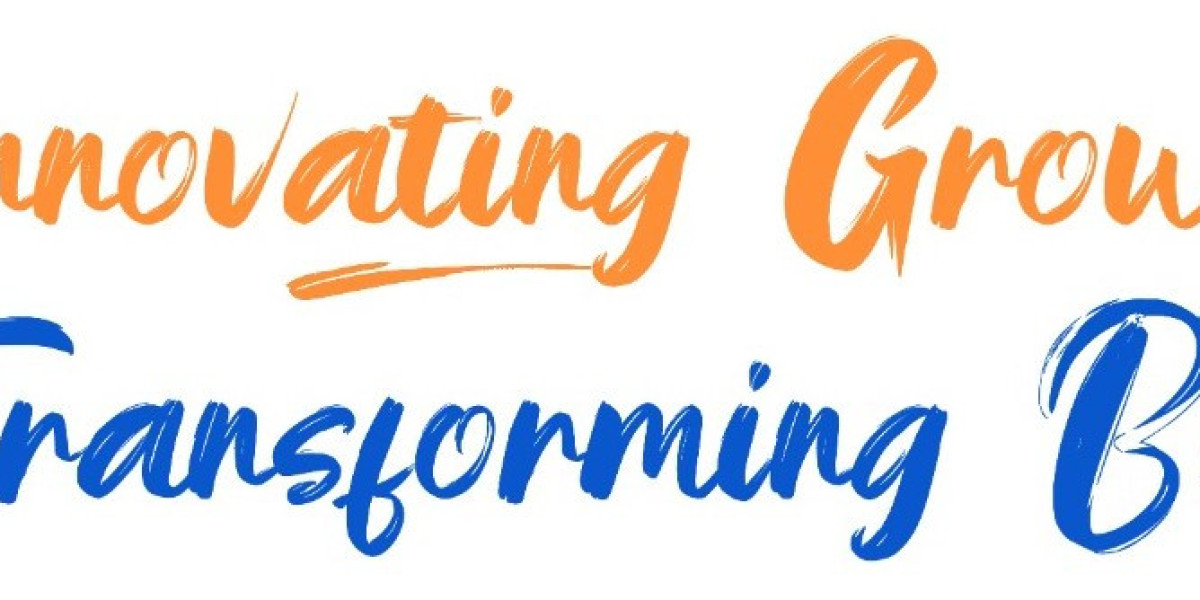Introduction:
Many people are growing more worried about their mental health in today's fast-paced society. As technology has advanced, online counseling has become a more practical and easily accessible choice for individuals in need of therapy. However, the question still stands: is online counseling as successful as conventional in-person therapy? Let's examine the advantages and drawbacks of each.
Online Counseling:
Online counselling, also known as teletherapy or e-counseling, involves speaking with a therapist virtually over the phone, through video chats, or through messaging apps. People can receive help in the comfort of their own homes thanks to the flexibility and convenience of this kind of therapy.
Online counseling can be very successful in treating mental health issues, even though it might not offer the same in-person encounter as traditional therapy. Online counseling is a popular option for people with hectic schedules or limited access to traditional therapy because many people find it to be more convenient and reasonably priced.
Benefits of Online Counseling:
- Convenience: Online counseling eliminates the need for travel, allowing individuals to attend sessions from anywhere with an internet connection.
- Access: Online counseling provides access to a wider range of therapists, including those located in different geographical areas.
- Affordability: Online counseling is often more cost-effective than traditional therapy, making it a more accessible option for many individuals.
- Privacy: Online counseling offers a level of anonymity that may make it easier for some individuals to open up about their feelings and experiences.
Limitations of Online Counseling:
- Absence of Personal Connection: The therapeutic relationship may suffer if online counseling does not provide the same level of personal connection as in-person therapy.
- Technical Issues: Connectivity issues or technology glitches can disrupt online counseling sessions, leading to frustration and potential interruptions in treatment.
- Limited Nonverbal Cues: Some nonverbal cues may be missed in online counseling sessions, potentially impacting the therapist's ability to fully understand the client's emotions and reactions.
Face-to-Face Therapy:
Face-to-face therapy, also known as traditional therapy, involves meeting with a therapist in person for counseling sessions. This kind of therapy has been the standard for many years and offers clients a more private and customized experience. However, there are disadvantages to this kind of therapy, such as scheduling conflicts and limited access to therapists. Online counseling may be more affordable and more convenient for individuals seeking treatment than in-person therapy.
Online counseling, sometimes referred to as teletherapy, offers a flexible alternative. Through phone calls, video calls, or even text messaging, an Online counsellor can conduct therapy remotely. People with hectic schedules, those who live in remote locations, or those who have mobility challenges may find this format especially useful. It saves time and money by doing away with the need to travel. Online counseling can be a fantastic choice for people who value accessibility and convenience, even though in-person therapy offers a more private and intimate setting.
Benefits of Face-to-Face Therapy:
- Personal Connection: Face-to-face therapy allows for a more personal and intimate connection between therapist and client, fostering a deeper level of trust and understanding.
- Nonverbal Cues: In-person therapy allows therapists to pick up on nonverbal cues that may be missed in online sessions, providing a more comprehensive understanding of the client's emotions and expressions.
- Immediate Feedback: Face-to-face therapy allows for immediate feedback and support from the therapist, leading to a more interactive and responsive therapeutic experience.
Limitations of Face-to-Face Therapy:
- Restricted Access: People who live in rural locations or have mobility challenges may find face-to-face therapy less accessible.
- Scheduling Constraints: Traditional therapy often requires clients to adhere to a specific schedule, which may not always be convenient for those with busy lifestyles or unpredictable work schedules.
In conclusion, Both in-person therapy and online counseling have advantages and disadvantages of their own. The individual's needs, preferences, and degree of comfort with the selected format ultimately determine how effective therapy is. It is personal and varies from person to person whether online counseling is as beneficial as in-person therapy. It is crucial to investigate both choices and choose the approach that best suits your preferences and goals for your mental health.



